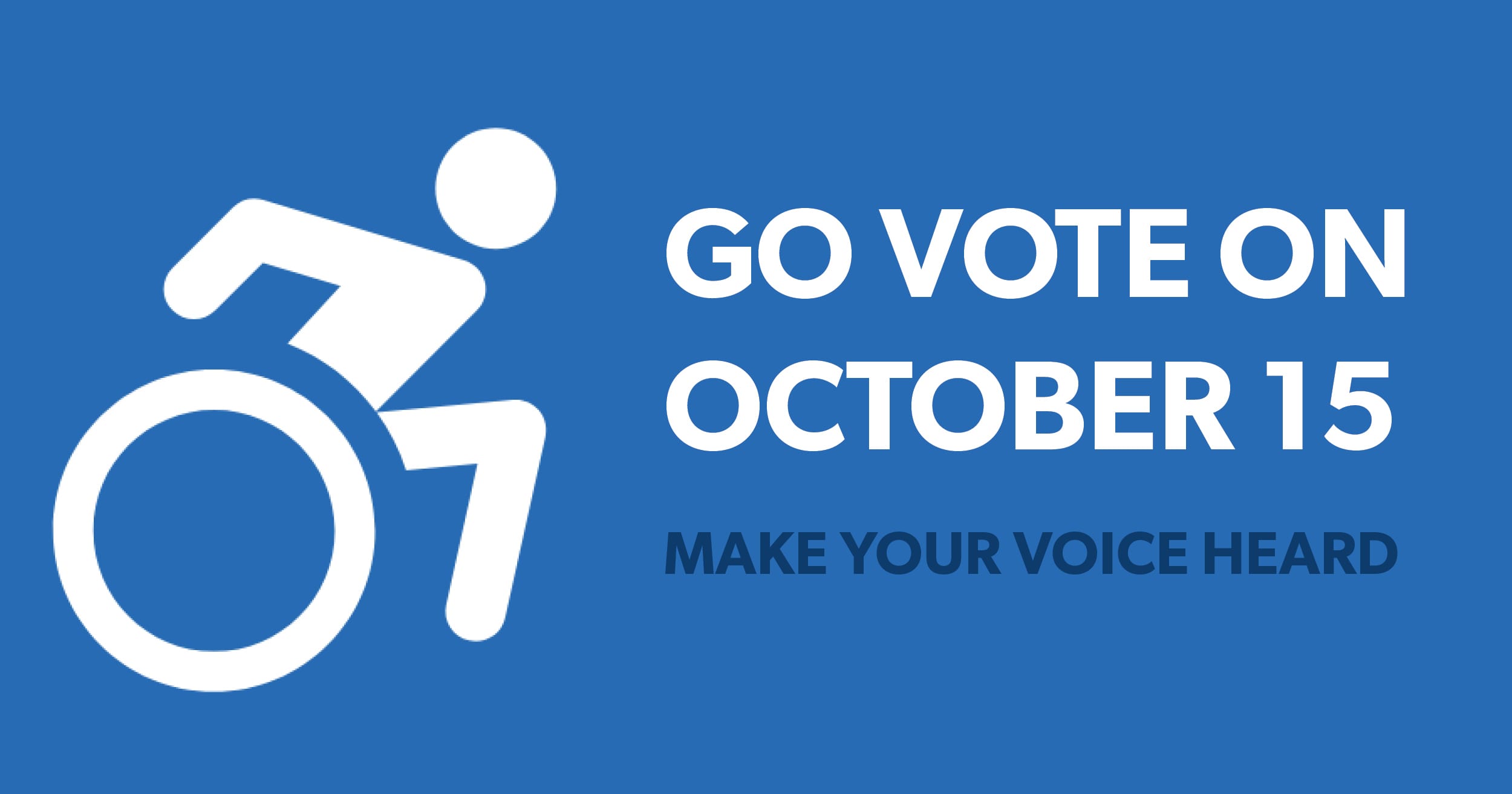Holiday feasting. Time with family. Winter scenes of snowflakes, snowmen and glittering trees. Beautiful decorations. Sleigh rides.This really is “the most wonderful time of the year” as the song says. Except, for many people, it isn’t.
For people who are already struggling, whether with inadequate finances or housing, health problems, loneliness, or transportation problems, seeing images of holiday joy everywhere can exacerbate things that are already difficult.
December is a dark month in this part of the world, with our short hours of daylight. Winter conditions (snow, ice, and cold) make getting around our communities harder than usual. The focus on family is difficult for those who don’t have family or friends nearby. Stat holidays can be more of a burden than a joy for people with few celebrations to attend. Getting into other people’s homes can be impossible for a variety of reasons, including the lack of visitable housing and transportation challenges. And of course, there’s the financial burden often associated with the holidays. While it is certainly possible, and perhaps even preferable, to have a low-cost holiday with limited gift giving, for people who are already struggling to make ends meet, even paying for a special dinner can be out of reach.
Everything from academic studies to anecdotal evidence from community members indicates that this can be a difficult time of year for people already prone to depression, for those with few family connections, or for those with limited resources. In fact, clinical depression affects between 20 and 30% of people post-spinal cord injury throughout the year, according to the World Health Organization. This doesn’t mean that everyone experiences depression after injury or that it should be considered a normal part of the process, but these statistics do indicate that everyone needs to be aware of the possibility of depression. People who are already having difficulty may find it even tougher as the scenes of Christmas cheer that they aren’t part of become more pervasive.
As someone said recently in another context, Christmas Day is just like an ordinary day when family members are far away, when friends have homes that are not wheelchair accessible and when one’s own home is barely adequate for one person. That’s the reality that many people face. I would add that in many communities, transportation options are limited or non-existent on statutory holidays, creating even more barriers to access.
There are a lot of expectations at this time of year. These can include obligation gatherings, having someone special to spend time with, having money to buy special food or gifts for the season, ideas from others about how much we “should” be spending, and much more. Regardless of which specific expectations we have, not being able to meet them can lead to disappointment, and in some people, even depression.
So what’s the solution? If you are someone who finds this time of year difficult, here are a few thoughts:
- Focus on the things you can change. Making your friends’ house with stairs accessible to you is likely not going to happen this year. It’s a laudable longer-term goal, but for now, look at what you can control today. Think of different places to meet or ways of connecting that don’t involve the barriers you normally face.
- Try to give something back to someone else. You may not be able to give money or gifts, but perhaps you have some spare time or a particular skill you could donate for a few hours. Helping others is a great way to raise the spirits.
- Keep your expectations realistic. Figure out what you can achieve and focus on that. Try not to let societal ideas about what you “should” do impact negatively on what’s important to you and how you want to get through the season.
- Attend one of our Peer events around the province or contact your local Peer Coordinator to find out what’s happening in your area.
- Find something to enjoy about the holidays. It might be the music, the decorations, the snow falling outside, the food, whatever makes you feel just a bit better.
- Do something active. We know that being active, both physically and mentally, is very helpful in improving one’s mood. While physical activity can be very hard for people with mobility challenges, especially in the winter, there are lots of simple exercises that can be done at home that could make a difference. Many communities have facilities or programs that are accessible. Contact InfoLine if you’re not sure what’s available in your area. As always, check with your health care team before taking on new physical activities. Meanwhile, find an activity that you find mentally stimulating. There are many, many options, but choose something that you enjoy and that keeps your mind moving.
For those readers who enjoy this time of year, there are lots of ways of spreading the cheer around. This is a traditional time of giving, in one form or another, and there are many ways to give:
- Invite someone to spend Christmas with you. I remember how much it meant to me to have a friend and her in-laws’ large extended family invite me to spend Christmas with them one year when I was living abroad and would have otherwise felt very alone.
- If you’re in a “wintery” part of the province, help a neighbour by finding someone to clear their driveway for them.
- Have a real conversation with someone who is lonely.
- Invite someone new to join a club or activity that you enjoy. Help them feel welcome by asking what would encourage them to participate again.
- Recognize that people in your community may be struggling and know when to assist them to ask for and find help.
Do these things not out of pity but because connecting with other humans is enjoyable, interesting, and the right thing to do.
Christmas can be a time of year full of giving, friendship, family, good food, and connection. Enjoy the very best of what the season has to offer and share those things with people who would otherwise find it difficult to participate.
For those who struggle at this time of year, please don’t hesitate to contact InfoLine. Our staff are knowledgeable about the issues our callers face and we can connect you with the right people or resources in your community to make this season just a bit more enjoyable.
InfoLine 1 800 689 2477 or info@sci-bc.ca




